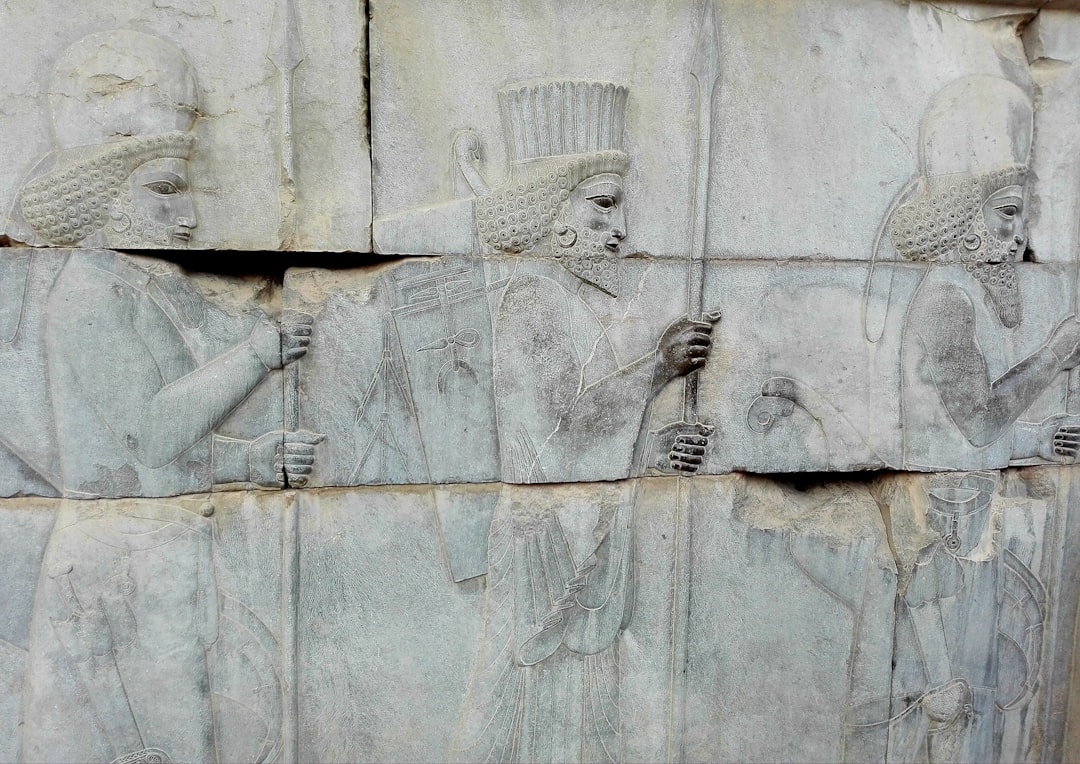What is it about?
When cheaper and purer synthetic indigo (blue dye) came on the market in 1897, the European planters of plant-derived indigo pushed back at the competition. They called their product "natural indigo," raising questions about what is nature and natural. They contested claims that the chemical product was "pure" in any meaningful sense, and demanded that the higher price of agricultural indigo should be honored on the basis of its authenticity and uniqueness. In all of this, they were resisting the placement of science, chemistry in particular, in the Second Industrial Revolution, which seemed to have made their "natural" product redundant.
Featured Image
Why is it important?
What is "nature"? What is "natural"? As we keep re-emphasizing "traditional" medicines," "organic food," and "natural habitat," it makes sense to go back to the historical point where the "traditional" was in the process of being replaced with the "artificial." The questions relating to naturalness that we raise in today's increasingly Frankenstein world, resonate with those asked by the manufacturers of the natural indigo dye. Their perspectives are insightful, and clarify our debates over natural and artificial today.
Perspectives
In an era where neo-conservatism seems to be on the ascendancy and where it becomes so difficult to think of anything outside capitalist modernity, this paper points towards the internally incoherent march towards late industrial modernity. Indeed, centrally, this paper is a critique of the Second Industrial Revolution that streamlined processes towards a truly capitalist mass production and consumption system.
Professor Prakash Kumar
Penn State
Read the Original
This page is a summary of: Plantation Indigo and Synthetic Indigo: European Planters and the Redefinition of a Colonial Commodity, Comparative Studies in Society and History, March 2016, Cambridge University Press,
DOI: 10.1017/s0010417516000128.
You can read the full text:
Contributors
The following have contributed to this page










